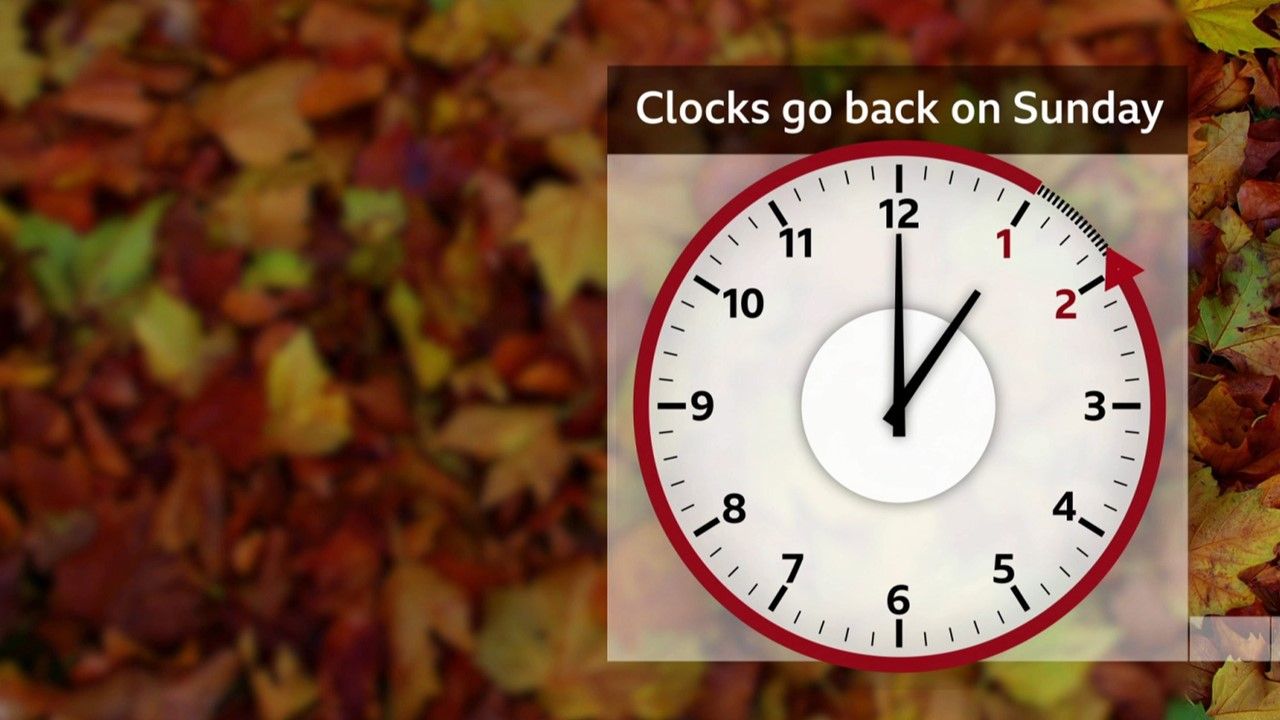
The Importance of Clocks Going Back
Every year, the transition from summer to winter time has significant implications for daily life in the UK. The clocks go back one hour at 2:00 AM on the last Sunday in October, impacting everything from sleep schedules to daily routines. This year, the clocks will go back on 29th October 2023, marking the end of British Summer Time (BST) and the return to Greenwich Mean Time (GMT). Understanding this change is crucial for individuals and businesses alike.
The Changes in Routine
When the clocks go back, people gain an extra hour of sleep, which is often seen as a positive change. However, the shorter days can also affect mood and energy levels as daylight diminishes more quickly in the late afternoon. According to studies conducted by the National Sleep Foundation, the transition can disrupt sleep patterns, leading to a decrease in overall wellbeing for some individuals. Employers and schools are advised to prepare for these changes by adjusting schedules to accommodate potential shifts in productivity.
Impact on Health and Safety
Research indicates that the switch can impact not only sleep but also health and safety. There is a noted increase in road accidents in the weeks following the clocks going back, particularly in the evenings when it gets darker sooner. Safety organisations have urged greater awareness and caution among drivers during this period. Additionally, mental health professionals often highlight the importance of maintaining routines and getting adequate exposure to daylight, suggesting that individuals should take proactive steps to counter the potential negative effects of less natural light.
Looking Ahead
As we prepare for the clocks to go back, it’s essential for individuals to plan accordingly. This includes adjusting sleep schedules a few days before the change and making the most of the remaining daylight hours. Communities across the UK often take this opportunity to promote awareness about the importance of mental health during the darker months, encouraging outdoor activities and socialisation to counteract the winter blues.
Conclusion
The annual practice of putting the clocks back is more than a mere technicality; it affects daily routines, health, safety, and overall wellbeing. As we approach 29th October 2023, it is vital for everyone to stay informed and prepare for the transition. By understanding the implications, and taking proactive measures, individuals and families can ease the adjustment and embrace the changes that come with the arrival of winter time.


